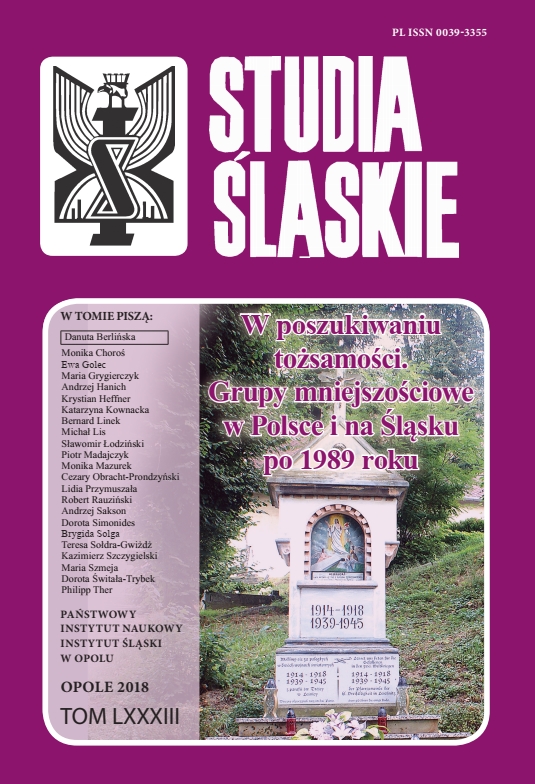Migracje a rozwój regionu opolskiego. Znaczenie procesów migracyjnych w kontekście regionalnej konkurencji
Migrations and the development of Opole region. The significance of migration processes in the context of regional competition
Author(s): Krystian HeffnerSubject(s): Human Geography, Policy, planning, forecast and speculation, Demography and human biology, Socio-Economic Research
Published by: Instytut Śląski
Keywords: regional development;migration region;Opole Voivodeship;migration outflow;competitiveness of regions;
Summary/Abstract: International migrations of the population in Poland in the period preceding the accession to the European Union were a significant development factor merely in a few regions. At that time, their influence was not identified as a key issue for the development of the regions. After 2004, more areas evinced dynamic and mass migration outflow, which influenced both the situation on the regional employment markets and the demographic situation. Opole Voivodeship, where large migration outflow had been noted as early as in the 1970s, is a specific pattern of characteristic structural changes in the economic, socio-demographic and cultural dimensions that have impact upon the development of the region. The constant (definitive, temporary, circular) migration outflow that has been lasting for several decades, initially almost exclusively to Germany, later to other European countries as well, is conditioned mainly by historical and political factors. Its basis is a relatively large part of the population of the region stemming from the inhabitants who remained at their place of residence after World War II. The constant population outflow has led to the creation of resilient networks of migration connections that include not only the so-called autochthonous population, but also groups of inhabitants who participated in international flows only to a slight extent prior to Poland’s accession into the European Union. The population decrease caused by the permanent international migrations contributes directly and indirectly to the deterioration of the socio-demographic structure of the region. While it is true that the inflow of resources derived from work abroad boosts the financial potential of the population of the region, it nevertheless implies chiefly individual enterprises that lift the quality of life and social prestige. The relatively low level of entrepreneurship among migrants, along with the diminishing demographic potential, as well as the shrinking social capital substantially limit the location-specific attractiveness of the region, its competitiveness and its development opportunities. From the viewpoint of the development policy of the region, the strategic balance of benefits and costs related to the negative balance of international migrations indicates a clear predominance of the factors impairing the economic and social position of the migration region.
Journal: Studia Śląskie
- Issue Year: 2018
- Issue No: 83
- Page Range: 163-184
- Page Count: 22
- Language: Polish

